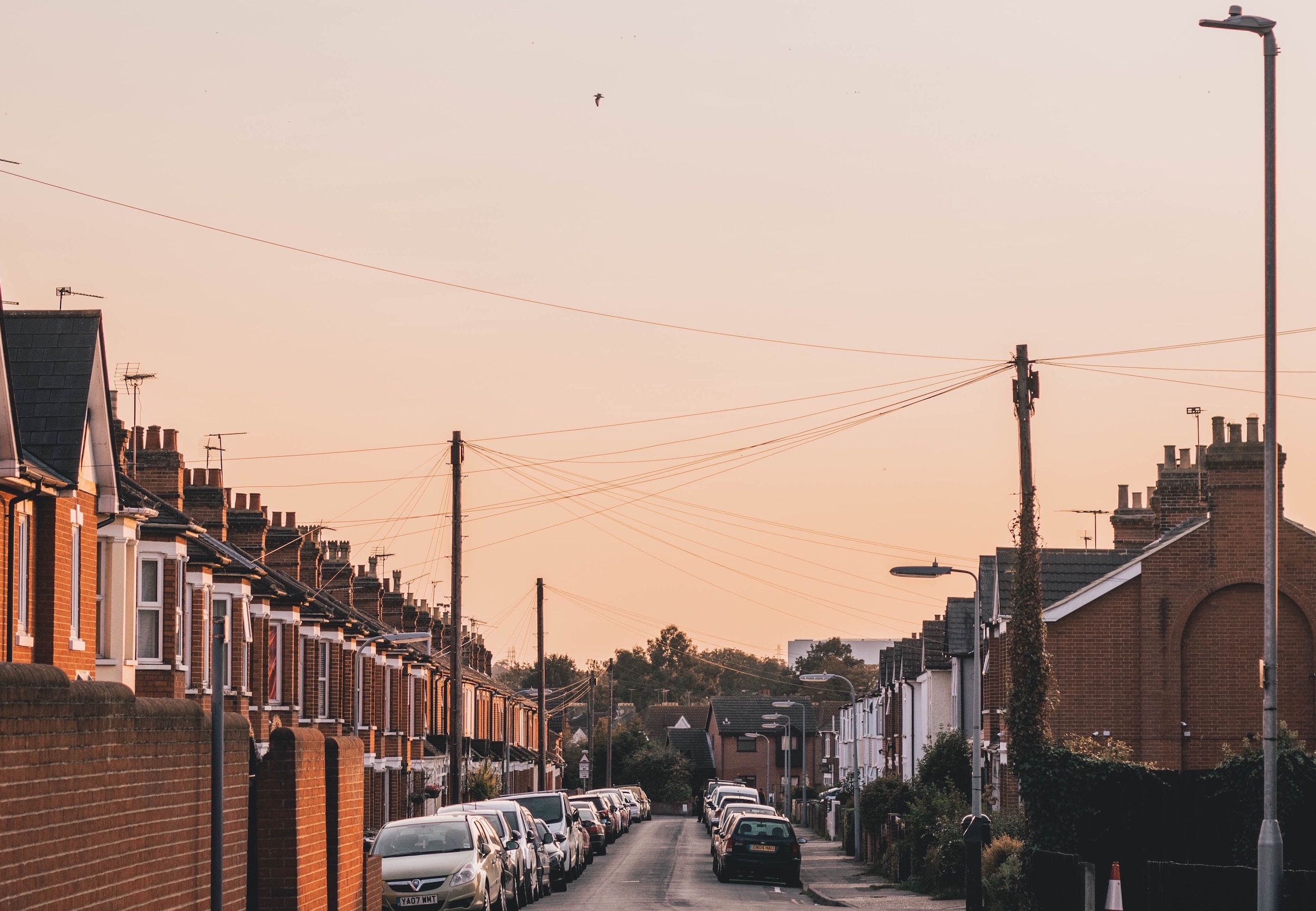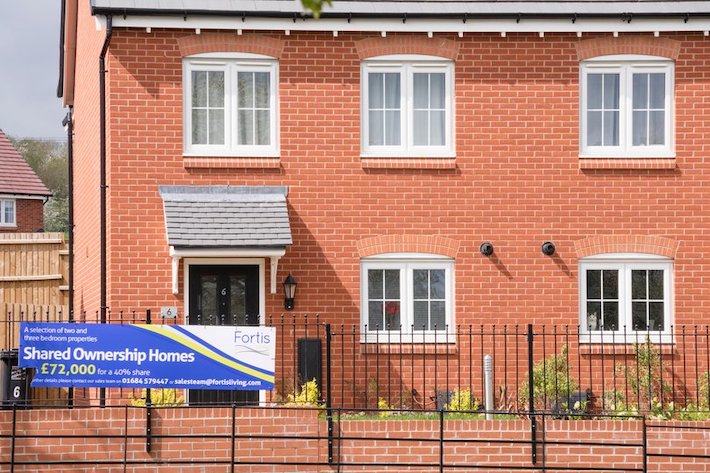Rishi: Let Sadiq control private rents
There’s no contradiction between being pro-new homes, and pro-rent control. If London is to tackle the housing crisis, it desperately needs both.
London's private renters are at the forefront of a cost-of-living crisis ripping through Britain. They are facing an almost unprecedented crisis of rising rents, bills, and the cost of household essentials which is combining to put an often unmanageable strain on their finances.
Rising rents are a crisis for families and the wider economy around the world too, as rising housing costs drive higher inflation, forcing governments and central banks to cut spending, or hike taxes and interest rates.
But London faces a disadvantage in this fight that other major cities - such as Paris and Vienna - do not: we have no system to regulate rents. Instead, we have a steadfast refusal from the central government to devolve the powers to allow the city’s directly elected Mayor to act.
London’s sky-high rents have created a situation where almost half of children in private rented homes live in poverty, and around 30% of renting households spend more than half of their income
“The average landlord income in this country is over £90,000 a year, with an average property portfolio value worth over £800,000.”
And this is a situation that’s getting worse, with the latest data from property portal, Rightmove showing eye-watering asking rents above £2,500 a month, up almost 14% in the last year.
That’s why the Mayor of London, Sadiq Khan, made advocating for the powers to introduce rent controls in London a central plank of his election manifesto which 1.2m Londoners voted for.
Our argument is for devolution because we know that rent control can’t be a ‘one-size fits all’ policy. The housing market in Redbridge is different from Rochdale or the Rhondda. By giving London the powers to determine its own destiny we can make sure we have a model of rent control that works for our city.
And what we’re asking for isn’t the power to rule the market by arbitrary decree. As Sadiq first set out in his blueprint for reforming private renting in 2019, our approach would be to set up a London Rents Commission, including renters, landlords and other sector experts, to agree what form rent control in the city should take, and to strike the right balance between security for renters while maintaining necessary investment in the sector.
Yes to rent control, yes to new homes
I sometimes hear concerns that rent control will lead to a drop-off in the supply of homes for renters, but the Mayor and I have always been clear that this can’t be a question of either rent control, or more new homes - it has to be both.
These aren’t empty words - since Sadiq became Mayor, we’ve taken big steps forward on increasing the supply of new homes in London. In recent years, more new homes have been created in London than at any time since the 1930s, and we’re building more council homes than at any time since the 1970s.
With a supportive government we could do even more, and we’ll continue to call on Ministers to give London the funding it needs to build on this success, so giving private renters and other Londoners the option of more quality low-cost homes to rent and to buy.
“A well-designed system of modern rent controls should be a crucial part of the solution, alongside a big increase in new homes.”
There’s no contradiction between being pro-new homes, and pro-rent control. Indeed, those of us who recognise London’s severe housing shortage must also recognise too that this fact means that landlords in London’s rental market are often able to set rents at a market rate which well exceeds their costs, which is exactly why smart rent regulation is so badly needed.
Cities like Vienna show this model of more new homes plus rent control in practice: a system of rent regulation combined with higher levels of new housing supply than we manage in this country, with a particular focus on social housing. This is a combination that has led to Vienna consistently being ranked one of the best cities in the world to live.
We know that ramping up the supply of new homes can take time and so there are things we could do to support landlords in the meantime. We could ensure that banks offer mortgage payment holidays to those landlords who need it, exactly as was done during the pandemic. And we could fund councils and housing associations to buy up private rented properties where a landlord does want to sell, so we keep these homes in the rental sector. That’s an approach we’ve pioneered in London, so we know it works, and could be done on an even bigger scale with more backing from the government.
The average landlord income in this country is over £90,000 a year, with an average property portfolio value worth over £800,000. While there will be landlords on either side of this average and we know many people in this country are facing tough times, there’s simply no comparison with the situation of many of London’s renters, when nearly half of renting families in London are in poverty, facing sky-high rents and very little security. They deserve better.
London’s housing crisis is decades in the making and there’s no one silver bullet. But a well-designed system of modern rent controls should be a crucial part of the solution, alongside a big increase in new homes, particularly social housing. The Mayor and I will continue to make the case for this approach in London - whether to this government, or the next.
Tom Copley is Deputy Mayor of London for Housing and Residential Development.
Take Action:
- Tell your MP to work for devolving rent control powers to mayors, starting with London.
- Sign the Big Issue petition calling on the government to stop postponing the much-needed Rent Reform Act.
- If you're struggling with rent or want to to support activists working for a sane rental market, Generation Rent have both advice and campaigns for you to take part in.
The Lead is now on Substack.
Become a Member, and get our most groundbreaking content first. Become a Founder, and join the newsroom’s internal conversation - meet the writers, the editors and more.





